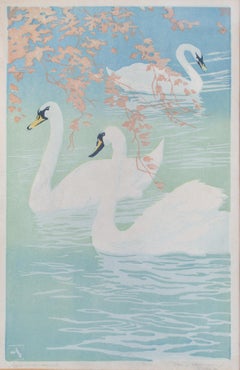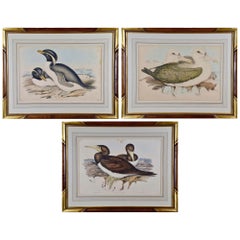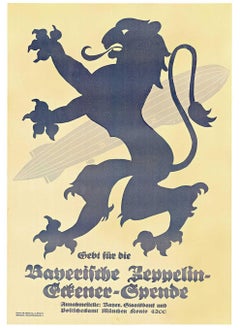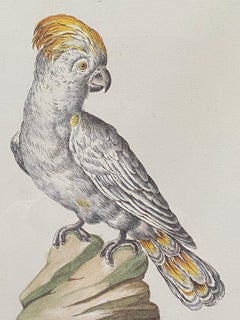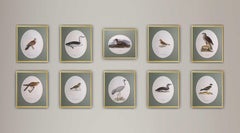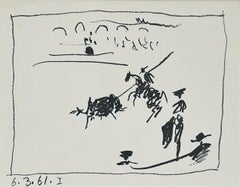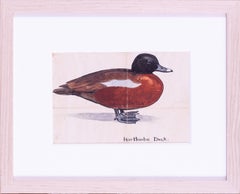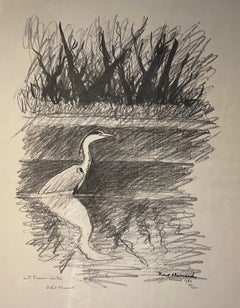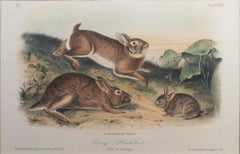Academic Animal Prints
During the Renaissance, the first European fine art academies were established in Italy and would guide the style and standards of visual culture in the following centuries. Academic art became dominant across the continent in the 17th century, with artists coming together to offer instruction in this style of painting and sculpture.
The academic art period represented a significant change from the previous era when painters, sculptors and other artists were part of guilds and seen more as artisans than purveyors of culture. While patronage from the elite and the church remained pivotal, young artists were able to support themselves for the first time through academic exhibitions and an independent marketplace. The leading academies included the French Académie Royale de Peinture et de Sculpture founded in Paris in 1648 (which became the Académie des Beaux-Arts after the French Revolution) and the London Royal Academy of Arts formed in 1768 under the inaugural leadership of painter Joshua Reynolds.
Academy students sketched drawings based on prints, sculptures and, finally, live models. Movements including neoclassicism and romanticism were particularly popular in these art schools and institutions where the influence of Raphael and Nicolas Poussin was prominent. Beaux Arts architecture and furniture design drew on these movements, too, and, as they also originated at the Académie des Beaux-Arts, the disciplines share common ground with academic painting and sculpture.
Although academic art was a major shift for artistic status when it began, by the middle of the 19th century it was viewed as stodgy and resistant to new ideas, with the subject matter of artists such as William-Adolphe Bouguereau and Jean-Léon Gérôme generally limited to allegorical or mythological themes. Impressionism, realism and the other movements that engaged with contemporary issues that followed were direct reactions to the academic tradition, although it continued to inform the avant-garde as artists like Gustav Klimt and Pablo Picasso started their practices as academic realists.
Find a collection of academic paintings, sculptures, prints and more art on 1stDibs.
1910s Academic Animal Prints
Woodcut
1840s Academic Animal Prints
Lithograph
1920s Academic Animal Prints
Lithograph
Late 18th Century Academic Animal Prints
Engraving
1740s Academic Animal Prints
Engraving, Watercolor
19th Century Academic Animal Prints
Paper
1740s Academic Animal Prints
Engraving
1970s Academic Animal Prints
Screen
Mid-19th Century Academic Animal Prints
Lithograph
1970s Academic Animal Prints
Screen
1880s Academic Animal Prints
Lithograph
2010s Academic Animal Prints
Paper, Etching, Aquatint
1890s Academic Animal Prints
Lithograph
1960s Academic Animal Prints
Lithograph
20th Century Academic Animal Prints
Paper, Watercolor
20th Century Academic Animal Prints
Engraving
1990s Academic Animal Prints
Paper, Lithograph, Screen
1770s Academic Animal Prints
Engraving
1990s Academic Animal Prints
Lithograph
1930s Academic Animal Prints
Paper, Engraving
19th Century Academic Animal Prints
Paper, Gouache
Mid-19th Century Academic Animal Prints
Engraving
20th Century Academic Animal Prints
Acrylic
Mid-20th Century Academic Animal Prints
Watercolor, Gouache, Silk, Handmade Paper, Carbon Pencil
1850s Academic Animal Prints
Lithograph
1980s Academic Animal Prints
Engraving
1840s Academic Animal Prints
Lithograph
1880s Academic Animal Prints
Lithograph
1880s Academic Animal Prints
Lithograph
1880s Academic Animal Prints
Lithograph
Late 20th Century Academic Animal Prints
Early 1800s Academic Animal Prints
Etching, Mezzotint
